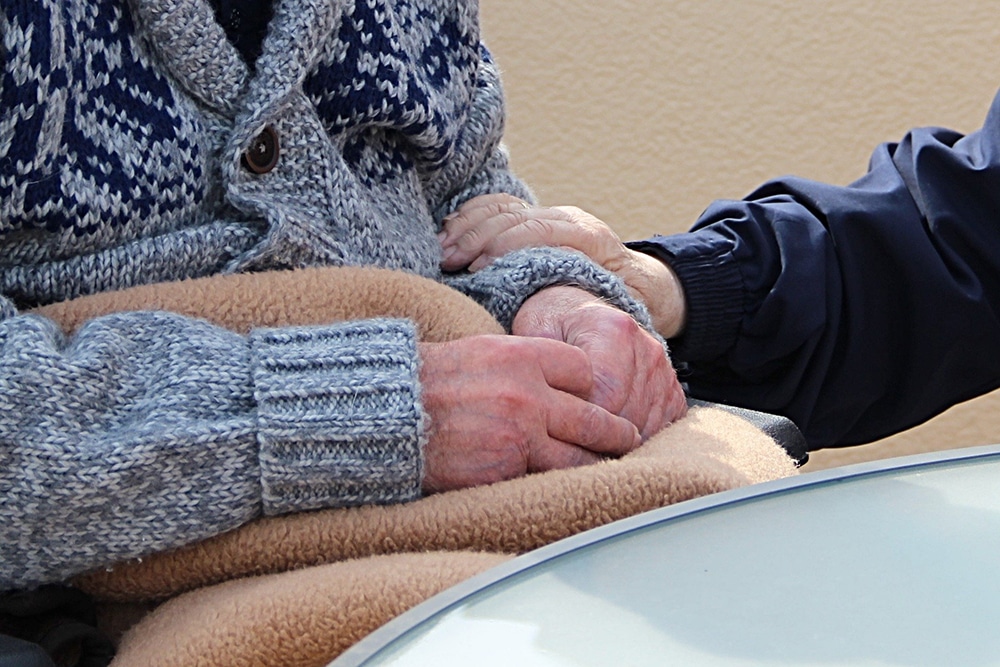When you trust a nursing home to take care of your elderly and vulnerable loved one, you expect them to have the appropriate knowledge to ensure that they are as healthy as possible. Unfortunately, not every long-term care facility will ensure that your loved one gets the best care possible and will put cutting costs above the standard of care they provide. When that happens, it can lead to abuse, negligence, and even death for the residents.
If your loved one has experienced poor care and abuse at their nursing home, then you could use the help of a lawyer to ensure that the facility is held accountable for their actions. A nursing home abuse lawyer from Shrager, Sachs, & Blanco will help you and your family get the justice they deserve for the abuse and neglect they suffered from. We’ll fight to get you compensation for any injuries and damages your loved one suffered as a result.
Mortality in Nursing Homes
With the elderly population being who enters nursing homes, looking at the potential for increased mortality based on their care is important when choosing the right facility. If the nursing home focuses on providing their residents with expert care, then the mortality rate of their patients is likely to be reduced.
However, if the facility doesn’t take these factors into account and alter their care based on them, then their residents could experience higher mortality rates, according to a study published by the National Institutes of Health (NIH):
- Cognitive impairment. When residents have a cognitive impairment, like dementia, they could suffer from a higher mortality rate. Dementia and other impairments can cause a patient’s health to decline under normal circumstances, and when they’re not treated correctly, their health can decline even more quickly than normal.
- Antipsychotic medications. When the elderly take antipsychotic medications, their mortality rate increases by 50 percent. Even though they might need the medications, they are known to negatively affect the elderly and their health.
- Dependency in activities of daily living (ADL). If a resident is dependent on the activities of daily living, then their risk of death could increase if they don’t have access to those activities. Many things can interrupt these activities, like disease breakouts or limited visiting for family members.
- Neuropsychiatric symptoms. Neuropsychiatric symptoms could be from depression, anxiety, hallucinations, or delusions. These could all affect a young person’s health and mortality, and when an older person experiences these symptoms, they could be at even higher risk for death.
- Lower BMI. Elderly residents could have lower BMIs, and that could make them more susceptible to disease, illness, and death.
- Surrounded by more residents. Although interacting with other residents is important for a resident’s health, if there are too many residents filling the facilities and it’s too packed, it could have the opposite effect on their health.
Mortality and COVID
When it comes to the pandemic and its effect on nursing homes, all of the above factors can increase mortality if a resident contracts COVID as well. Nursing homes are linked to 40 percent of COVID deaths across the country, which shows that facilities have a hard time controlling the disease from spreading to their residents.
According to the NIH, cognitive impairment is the highest contributing factor to the death rate of COVID patients in nursing homes. The other risk factors are physical impairment, staffing problems, lack of PPE for the staff, and the lack of ability to perform activities of daily life.
This is why it’s imperative for nursing homes to limit the spread between staff and residents and moving forward should be more careful about allowing diseases and other illnesses to spread through the facility. Many nursing homes had trouble with the spread of disease before the pandemic, and COVID only amplified those problems with its increased mortality for infected elders.
Shrager, Sachs, & Blanco Is Here to Help
When your loved one has experienced abuse or neglect in their nursing home, they deserve to get justice for what they’ve suffered through. A Philadelphia nursing home abuse lawyer from Shrager, Sachs, & Blanco has experience with these cases and knows how to handle your loved one’s claim with care.
We know that this is a vulnerable time for your loved one and your family, which is why we’ll take care of the legal side of things so you can focus on finding a new facility as well as healing physically and emotionally. Reach out to our office today so we can discuss your potential claim and get started right away.









